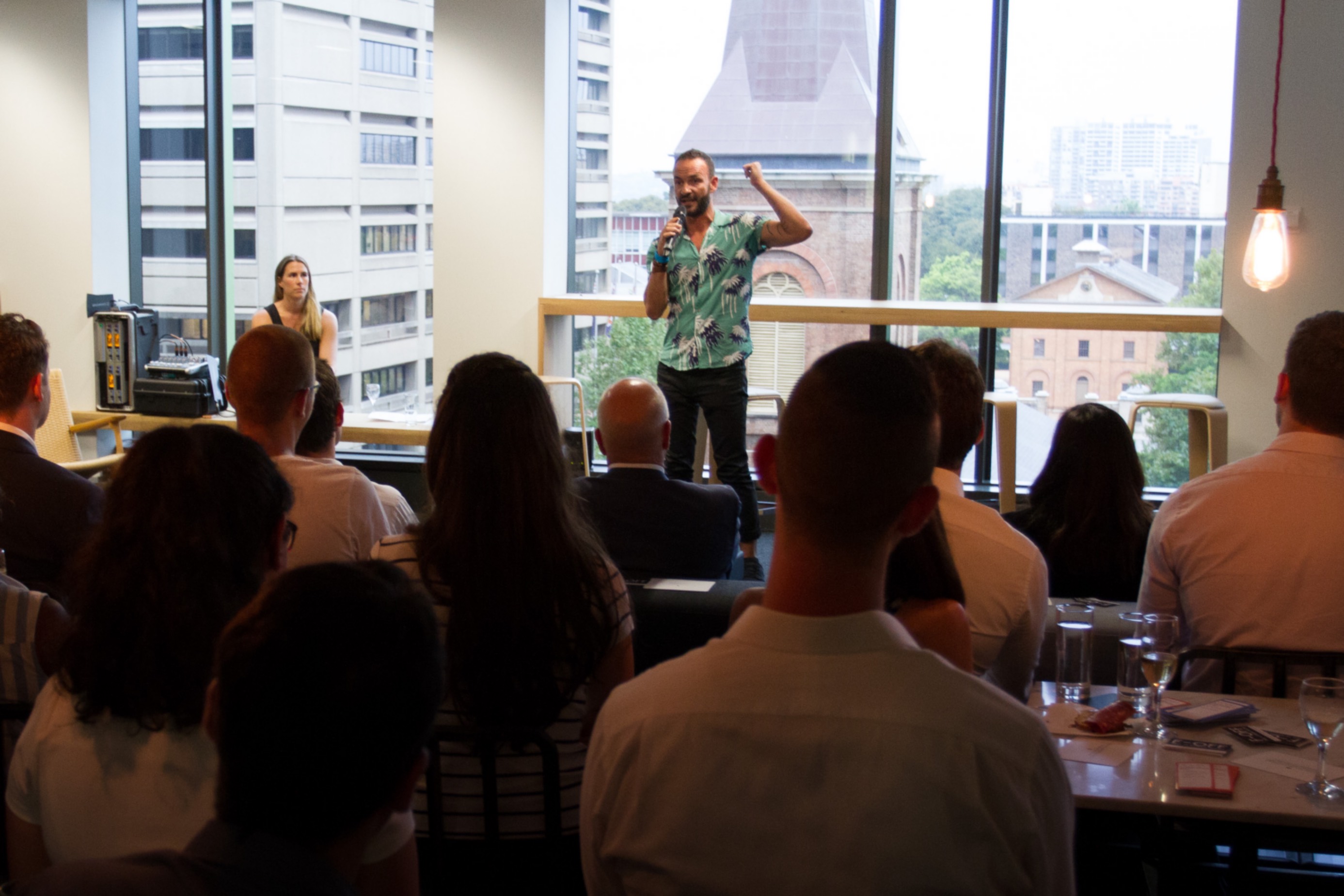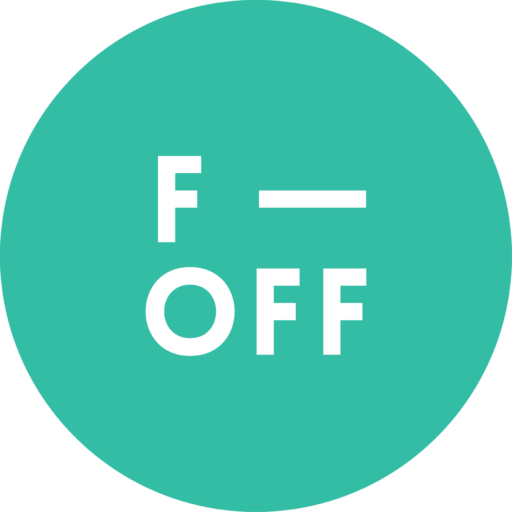
Face-to-face with your inner critic: Lessons from a life coach
Ever had that feeling where your breathing gets shallow, your voice gets higher and your body tenses up? Chances are, there’s a little voice inside your head, telling you not to do what you’re about to do. Sometimes that pesky inner critic can get the better of us all.
Matt Jackson, founder of affectors, is no stranger to his inner critic. It featured so heavily in his early life that it stopped him from performing.
Amazingly, he has since turned that inner critic into his greatest source of strength and success.
As well as helping clients come to terms with their inner critic, Matt has performed and presented at TEDx and published a book, The Age of Affect.
Here he shares his relationship with failure, creativity and resilience.
Tell me about your work with affectors?
At affectors we work to actively and authentically move your heart and mind. Now why would you want your heart and mind moved, other than for entertainment purposes? The aim is to awaken innate creativity.
Every human being has been a child and we believe that every human has the ability to be creative. Whether that’s been recognised, validated, encouraged for a long time is what we’ve found to be the difference.
affectors provides a service, either through content, workshops, coaching or performance, that awakens creativity. Once a person has experienced it, they can’t go back. They’re not the same.
Do you believe there’s a lot of people who are afraid to express their creativity as adults?
Yes definitely. Elizabeth Gilbert, who wrote Eat, Pray, Love and Big Magic, she calls it ‘art scars’, which I love as a term. She points to the idea that you can remember the moment that a parent, art teacher or somebody did the opposite of recognising, validating and encouraging you. She says that as an adult, if you go back to that medium, you can pick up where you left off. I think she’s bang on with that.
What role has fear of failure played in your own life?
In my early life, between the ages of 7 and 10, I expressed myself through performance. I was asked to do that in front of school assembly and that led to me being physically harmed.
So fear of failure to me was much more than just being criticised or not appreciated, it was actually physical harm. It took me decades to work that out. I didn’t perform for a very long time.
You’ve since performed poetry and spoken at TEDx. How did you overcome your fear of failure to perform again?
The positive side of it was that I came to embrace the fear of failure as honest feedback from my own system. The feedback I get from my own system, where my heart starts to race and I start to sweat and it’s like ‘what is this’, that gives me really honest undoubted feedback of some way that I’m holding myself back.
What’s your advice to anyone feeling fear or anxiety?
- It’s really simple, ask yourself, ‘what’s happening’. For example, my heart used to race and I would get sweaty before getting on stage. Every time I was at rehearsals it would happen.
- Ask other people what they’re seeing and hearing about you. Is your voice going higher, are your shoulders getting tighter? What are they observing that you can’t see?
- Get an objective, accurate read for yourself, and from other people, so that you know where this fear is coming from. Because the fear isn’t coming from the current event.
Once you’ve recognised the feeling, and you’ve recognised the source of where it’s coming from, is that enough to debunk it?
I don’t believe it’s possible to ‘eliminate’ fear of failure. There’s a reason the system has created it, it’s not an afterthought or poor design. It’s there to protect you from danger or to help you learn, all of those sort of things.
Instead, I’m interested in embracing it, taming it, finding a use for it. It’s about the language you use. When I hear the word fear now, I think, ok, this is ‘feedback’. It’s honest feedback, trusted feedback. It’ll help me find the blockage and how I’m holding myself back. So all of the language is about embracing fear, not trying to get rid of it. The more you try and get rid of it the more it stays there.
Read more of Matt’s insights on overcoming your fear of failure here.



